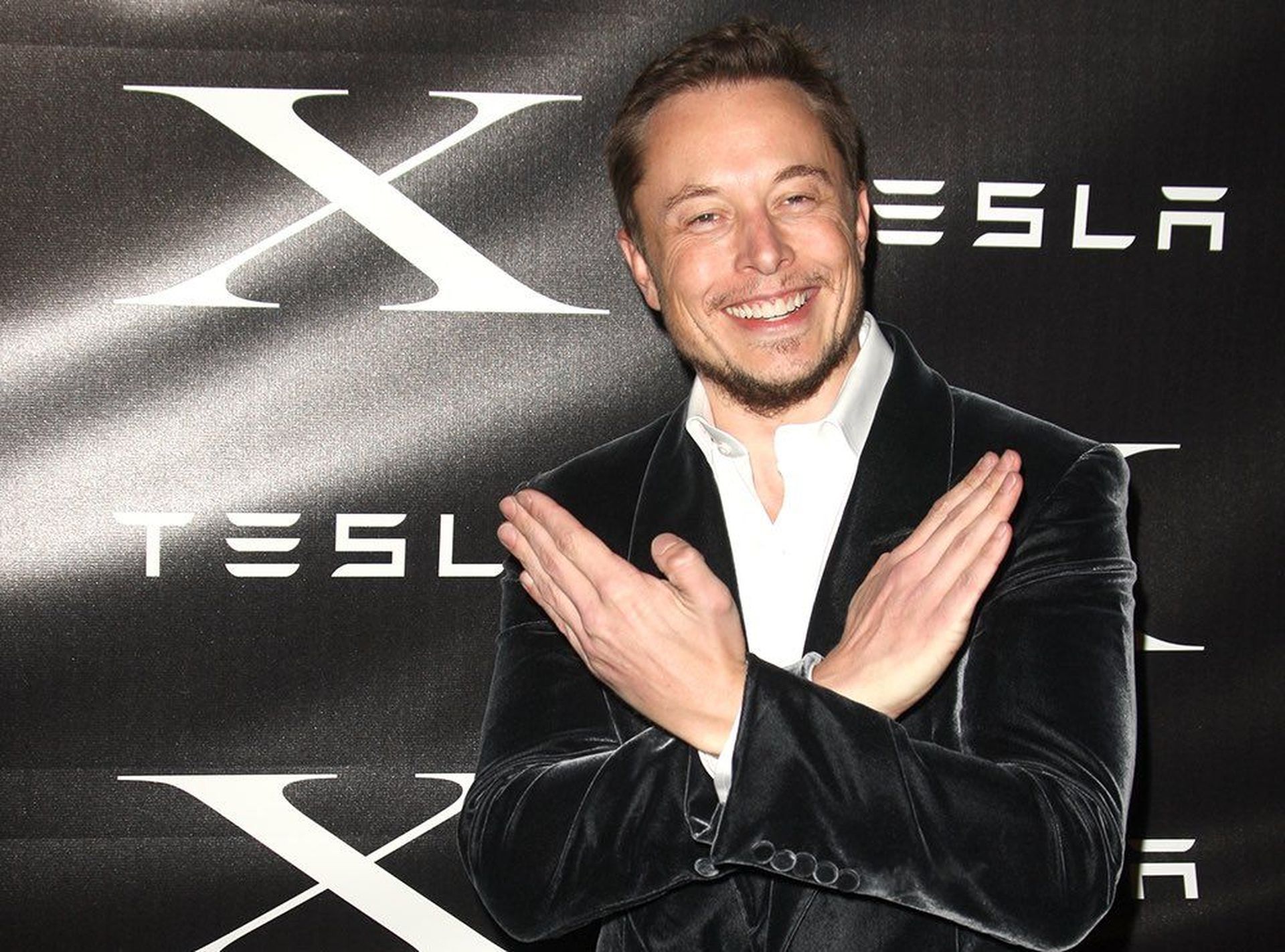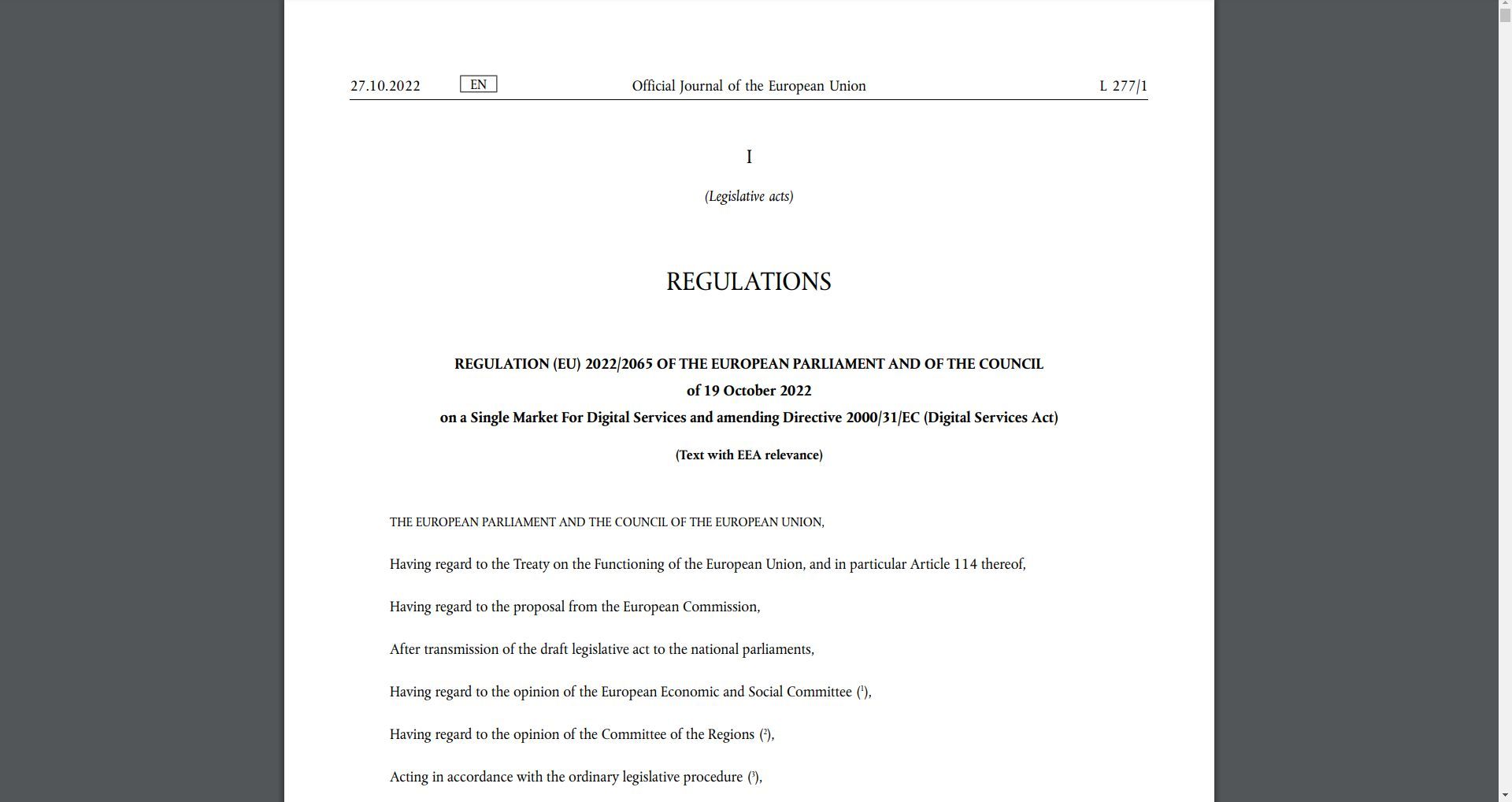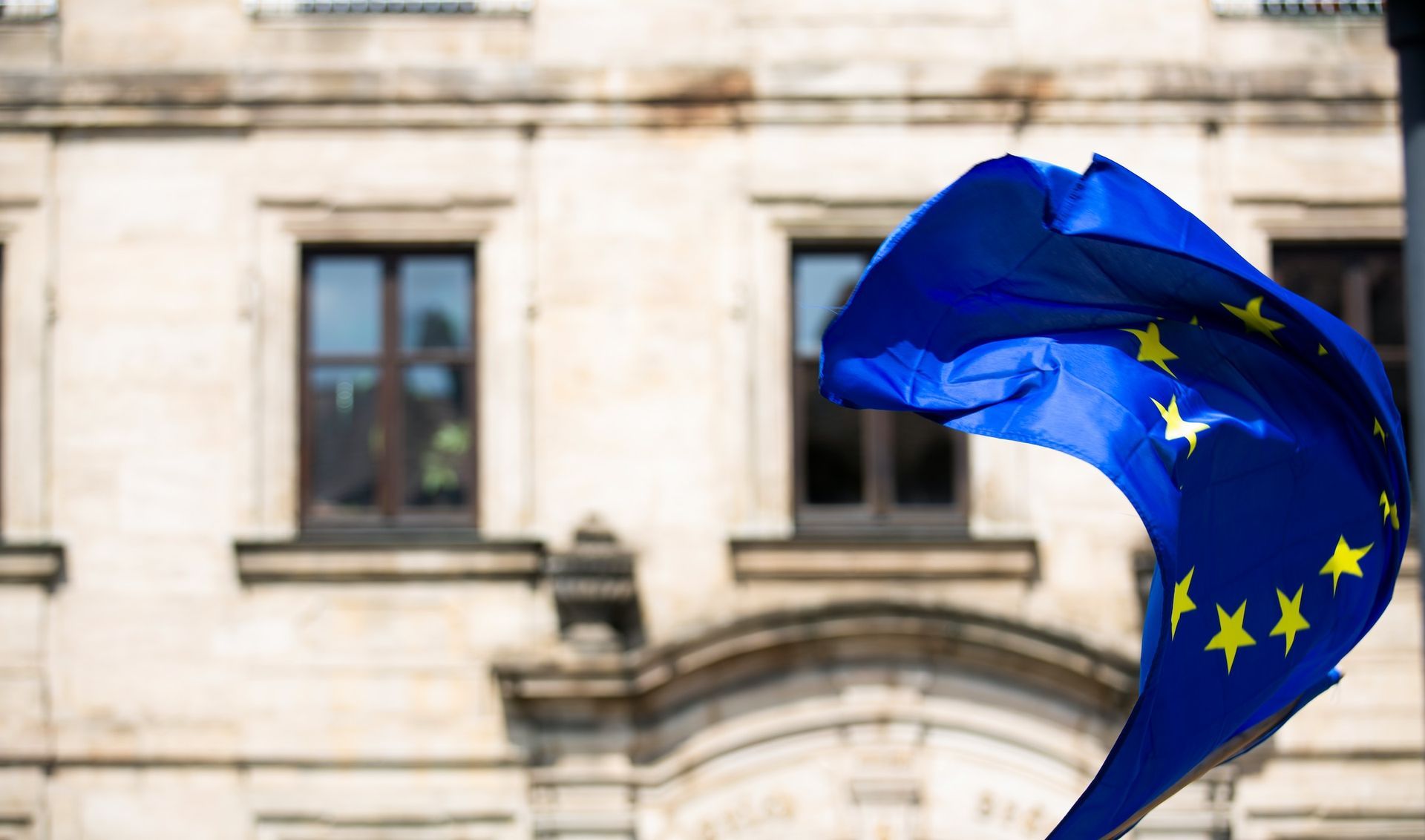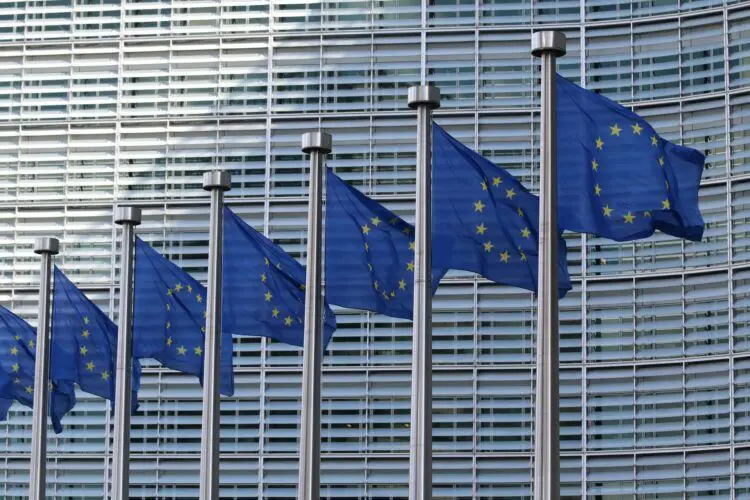In a swift response to the recent surge of illegal content and disinformation on Elon Musk’s platform, X (formerly Twitter), the EU warns Elon Musk rather strongly. The move comes in the wake of Saturday’s tragic attacks on Israel by Hamas militants in the Gaza Strip.
This incident has triggered the EU’s newly revised content moderation guidelines into action.

Why the EU warns Elon Musk?
The European Commission has raised alarms about the dissemination of disinformation related to the terrorist attacks and their aftermath on the platform. While disinformation is not explicitly illegal in the EU, the Digital Services Act (DSA) mandates large online platforms like X to address the risks associated with harmful falsehoods and promptly respond to reports of illegal content.
Disturbing videos depicting the terrorist attacks have been circulating on X, along with other posts claiming to show footage from the attacks inside Israel or Israel’s retaliatory strikes on targets in the Gaza Strip. However, fact-checkers have debunked several of these posts, revealing them as false representations.
Impact of the attacks and Musk’s influence
Following the attacks, Israel’s Prime Minister declared a state of war, prompting a retaliatory response from the Israeli military. The chaos and severity of the situation prompted a Wired report titled “The Israel-Hamas War Is Drowning X in Disinformation.”
Elon Musk’s influence on X’s content moderation policies has been significant. His alterations, such as discontinuing legacy account verification and transforming the Blue Check system into a pay-to-play model, have stirred controversy. Additionally, he has revamped content moderation policies and reduced in-house enforcement teams while advocating for a decentralized, crowd-sourced approach known as Community Notes. This move has shifted the responsibility of handling issues like disinformation to users, potentially leading to increased engagement and a proliferation of conflicting narratives.

EU’s response and the ongoing debate
Musk’s actions have put X under scrutiny regarding compliance with the DSA. The regulation dictates how platforms should respond to reports of illegal content, including terrorism, and enforces obligations on larger platforms like X to address disinformation risks. The ongoing crisis in Israel and Gaza serves as a real-world litmus test for the EU’s revamped rulebook, assessing its effectiveness in dealing with X’s prominent figurehead, who also happens to own the platform.
Elon Musk’s strategic changes to X’s content moderation policies have brought the platform into the spotlight, especially in light of the recent events in Israel and Gaza. The news of EU warns Elon Musk signals a commitment to upholding content moderation standards, even for tech giants. As the situation continues to evolve, it remains to be seen how X will adapt to the increasing scrutiny and demands for higher content moderation standards.

The clash between the EU’s regulatory framework and Musk’s vision for X highlights the ongoing debate over the responsibilities of tech platforms in managing disinformation and harmful content in the digital age. It’s a test case with significant implications for the future of online platforms, free speech, and the battle against misinformation.
Meanwhile, if you are interested in the controversies that Musk finds himself in, make sure to check out our article on how Elon Musk says we are all working for a scam.
Featured image credit: Guillaume Périgois / Unsplash





